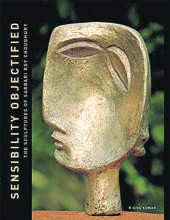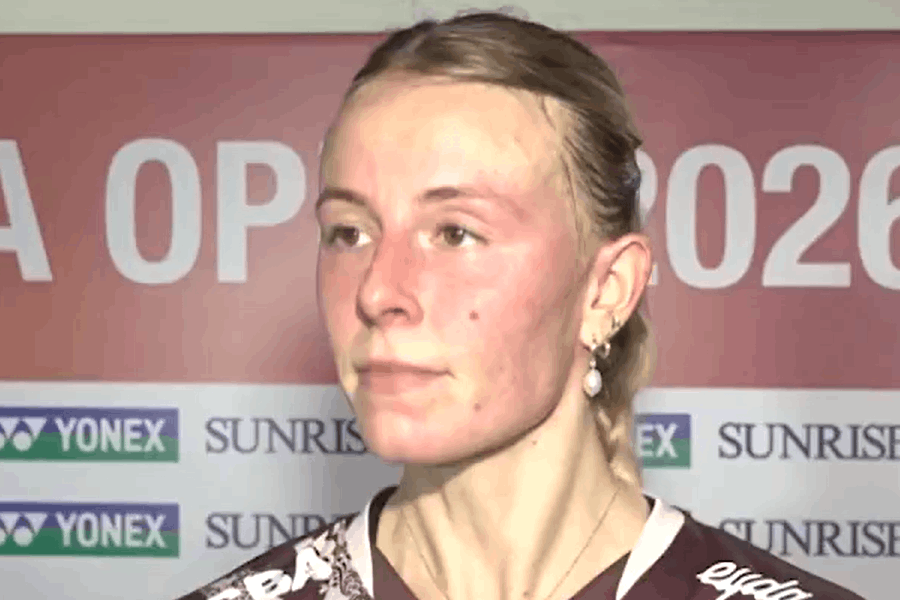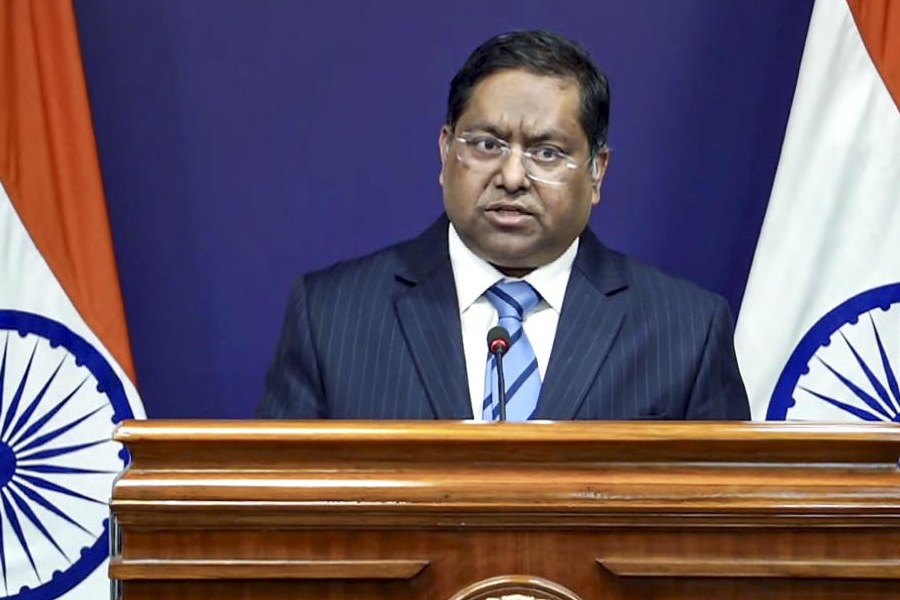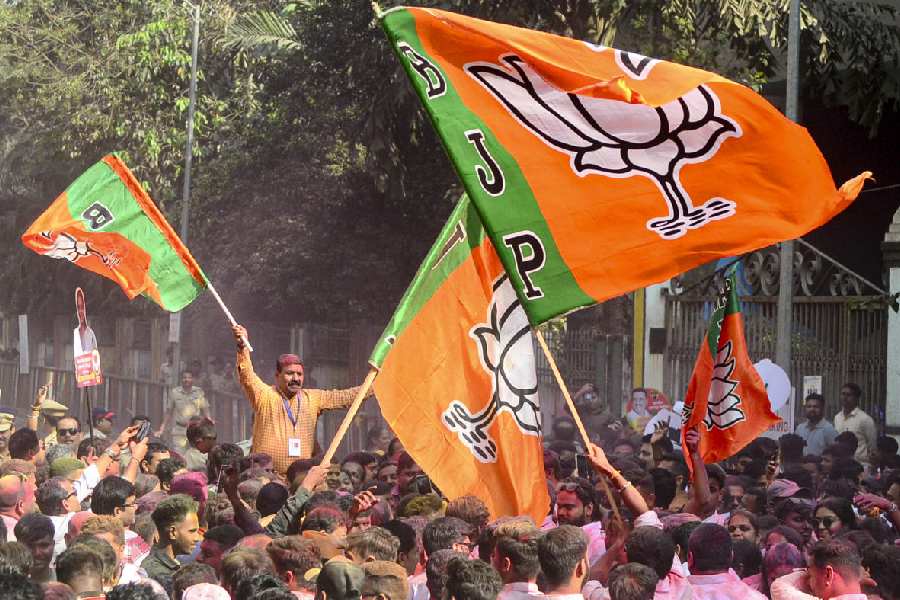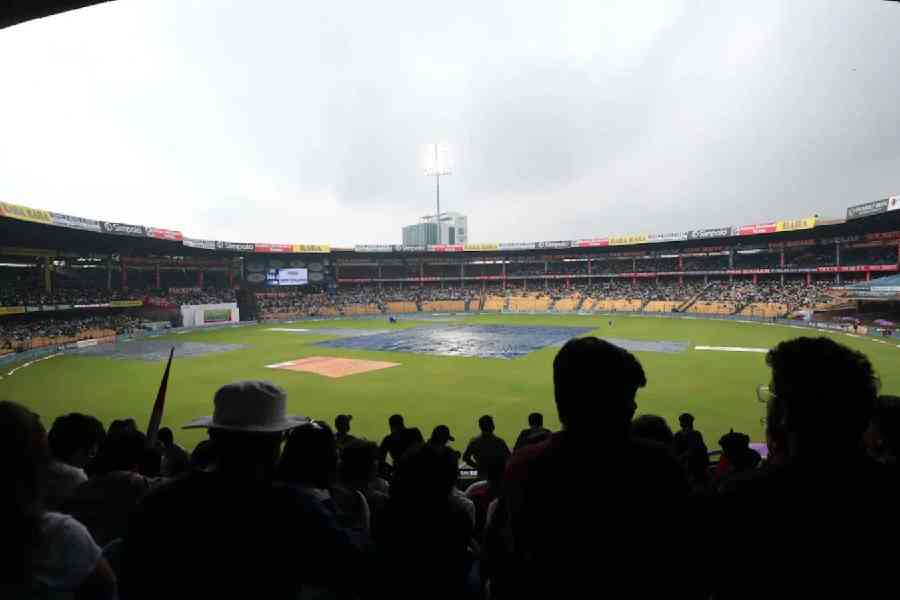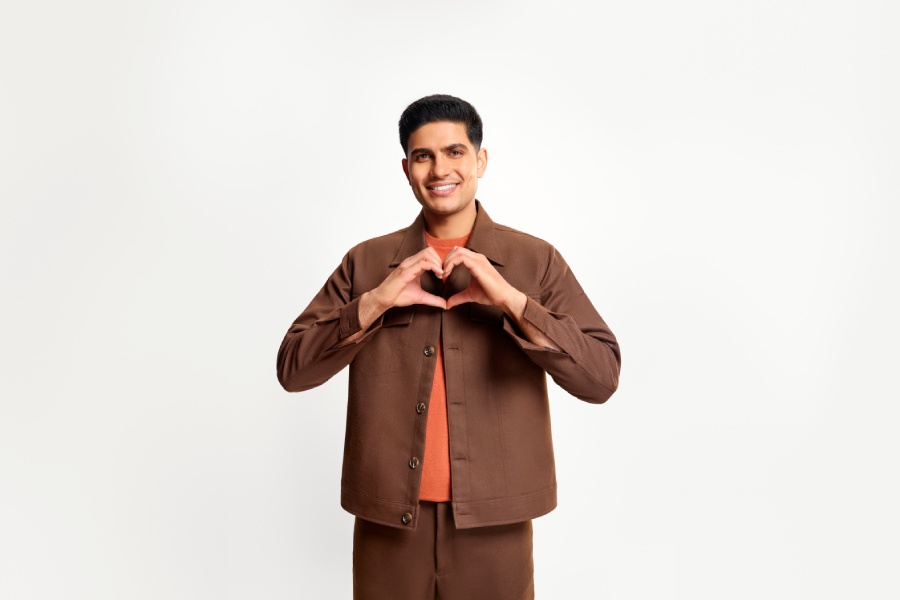 |
| Preity Zinta launches Pooja Makhija’s book Eat. Delete. |
She calls it the ‘anti-quick fix’ approach. t2 caught up with glam nutritionist Pooja Makhija on her first book Eat. Delete.: How to get off the weight loss cycle for good [HarperCollins, Rs 199]
Eat. Delete. seems to speak to even those on the slimmer side. How did the book come about?
Why I wrote this book is because in my last 10 years of work experience, I have found that most people are so scared of food. They are not seeing food for its true value, but just as calories. They think food can make them fat, it can give them high cholesterol, blood pressure and diabetes. What they don’t understand is that the wrong food can do that or not eating the right food can do that. So, in a sense, I wanted to remove this fear of food among people.
Of course, I also did not want to disregard a very important aspect that is overlooked by most books — mind control… what you can do or cannot do…. Most books just say what to eat and what to avoid. But is it not important to also think about how we perceive food or how we look at food before we cook? It is more about why we need to eat and why food is such an important part of our lifestyle, our relationships… whether we eat because we are upset…. There are so many relationships that people have with food other than the actual one that they should be having… which is basic friendship with fuel.
You have shared a lot of weight-loss stories in the book. Which one is closest to your heart?
I have tried to put all the ones that I love in the book. The one that is closest to my heart is the story of this 82-year-old man who walked in with a walking stick. He had diabetes and high blood pressure and the beginning of heart trouble… he walked into my cabin and said, ‘Beta, do what you want, but I don’t want the stick. Call it self-esteem or ego, but I will not carry the stick!’ He followed my diet and lost 25kg! What was most thrilling was his self-confidence… that at 82 he did not need a walking stick.
Have you personally battled the bulge?
I have had two babies. I had gained 10kg in my first pregnancy and 14 in my next. The first pregnancy was a piece of cake. I knocked off the 10kg in three or three-and-a-half months. During the second pregnancy, it took me around six or maybe even eight months to do the same. I was stuck at a body weight where I had lost seven or eight kilos, but the remaining weight was just not going! I wondered to myself and cried to my mother-in-law, ‘Mom, I can help everyone. Why am I not able to do it for myself?! Have I lost the magic?’
So, I totally understand when people come to me, literally in tears that they are doing everything possible but their body is just not rolling. I have been there. I just had to learn what I keep telling everyone — patience! And today maybe I am even one or two kilos lighter than before I had both my babies.
The book has a confidante-hearing-you-out vibe to it. Was that deliberate?
From the very beginning, the tone is one of empathy. We have tried to get into the minds of someone who is struggling to lose weight or might have succeeded in their attempts only to put it all back. I have tried to be in their place and then tried to find out what exactly is it that people will relate to. I needed the book to sound motivating and loving. People should not be embarrassed that they are overweight. My writer Gayatri (Pahlajani) has done a beautiful job with it. People should feel that, ‘Yes! Even I can do it!’
You have also made it fun with quiz and questionnaires…
A book that is only imparting gyan… there is only that much that someone can read and absorb. Interaction is important, whether you are at a talk or writing a book. Also to analyse the mind… for example, I might tell you that you have a troubled relationship with food, but if I’m not able to give you answers for them, then there is really no point in me telling you that you have a wrong relationship with food.
You have also come up with menus, a keep-in-your-pocket guide when eating out…
This is something every single client or friend or relative asks me. These are things that I have been accumulating over the years… from experiences, trials….
And the celebrity stories?
People try to emulate celebrities. I thought if I talk about the fact that celebs don’t starve but eat to look as beautiful as they do, most people would get back their faith in food.
 |
If learning about what you eat, how much is too much and friendly foods, you could also pick up Ramesh Bijlani’s Eating Wisely and Well [Rupa Publications India, Rs 150].
This slim volume with a colourful cover takes a no-nonsense view of the process of ingestion and digestion, pointing out that “miracle foods just do not exist”. Though based heavily on the science, particularly the chemistry, of food components, Bijlani discusses traditional Indian concepts of dosha-based body types (pitta-vata-kapha) and Ayurveda’s seven-fold classification of constitution (prakriti) too. What Indian readers are likely to find most helpful is Bijlani’s focus on carbohydrates, given our penchant for rice and rotis, and his explanations of how a dal-chawal combination works for the body. Most ingredients and food items are identified with their Indian names, making it easier for us to spot our common kitchen components.
To really understand our dietary requirements, Bijlani says “we must be ready to unlearn” many things — like the notion that an all-protein diet helps in burning fat — as well as be open to accepting age-old practices, if they stand continued scientific scrutiny.
While the book is a good ready-reckoner for Indian foods and items, the author’s insistence on the “moral” and “spiritual” superiority of a vegetarian diet than one that contains meat makes the text seem pushy ever so often.
Saionee Chakraborty
What is your relationship with food? Tell t2@abp.in

